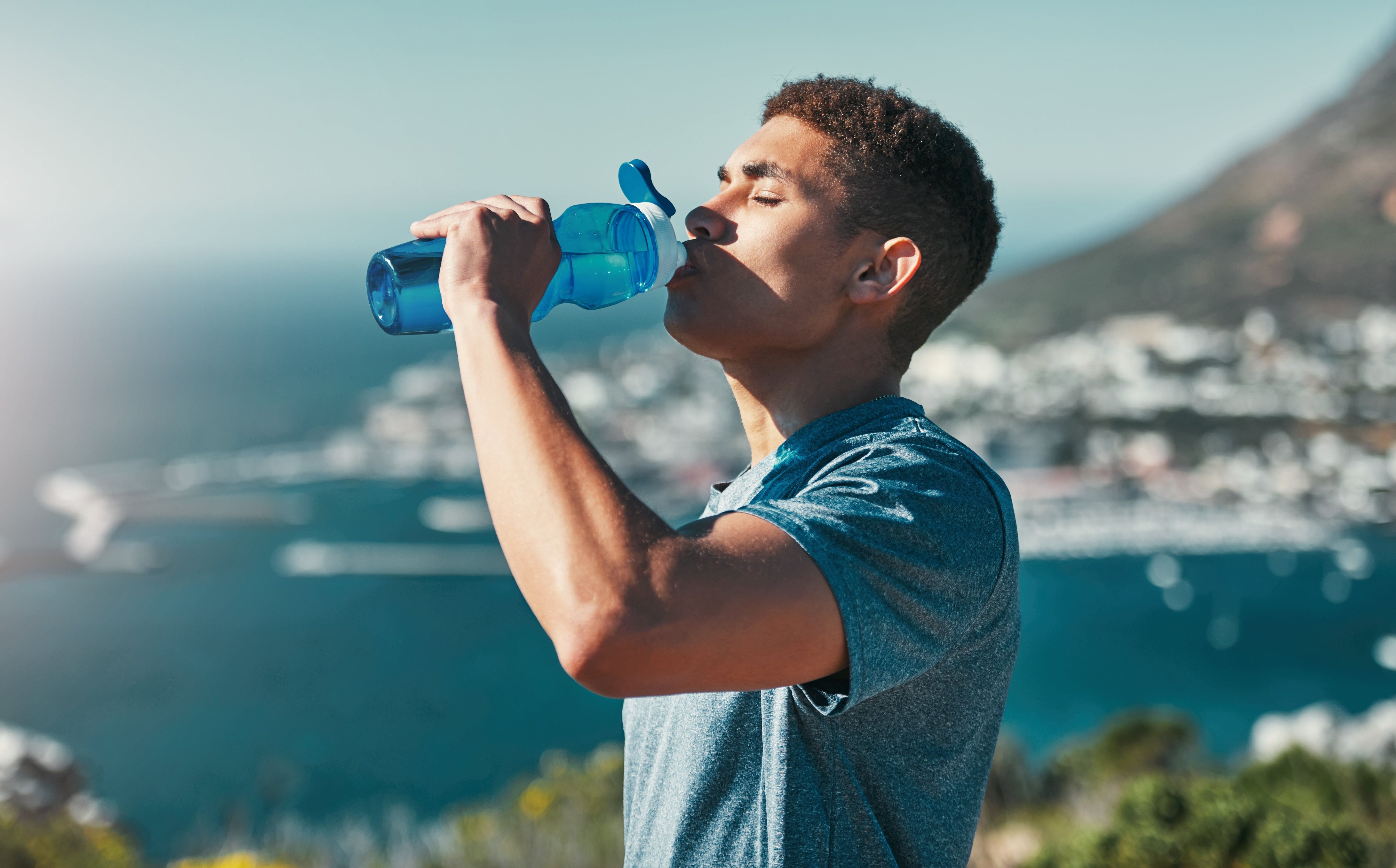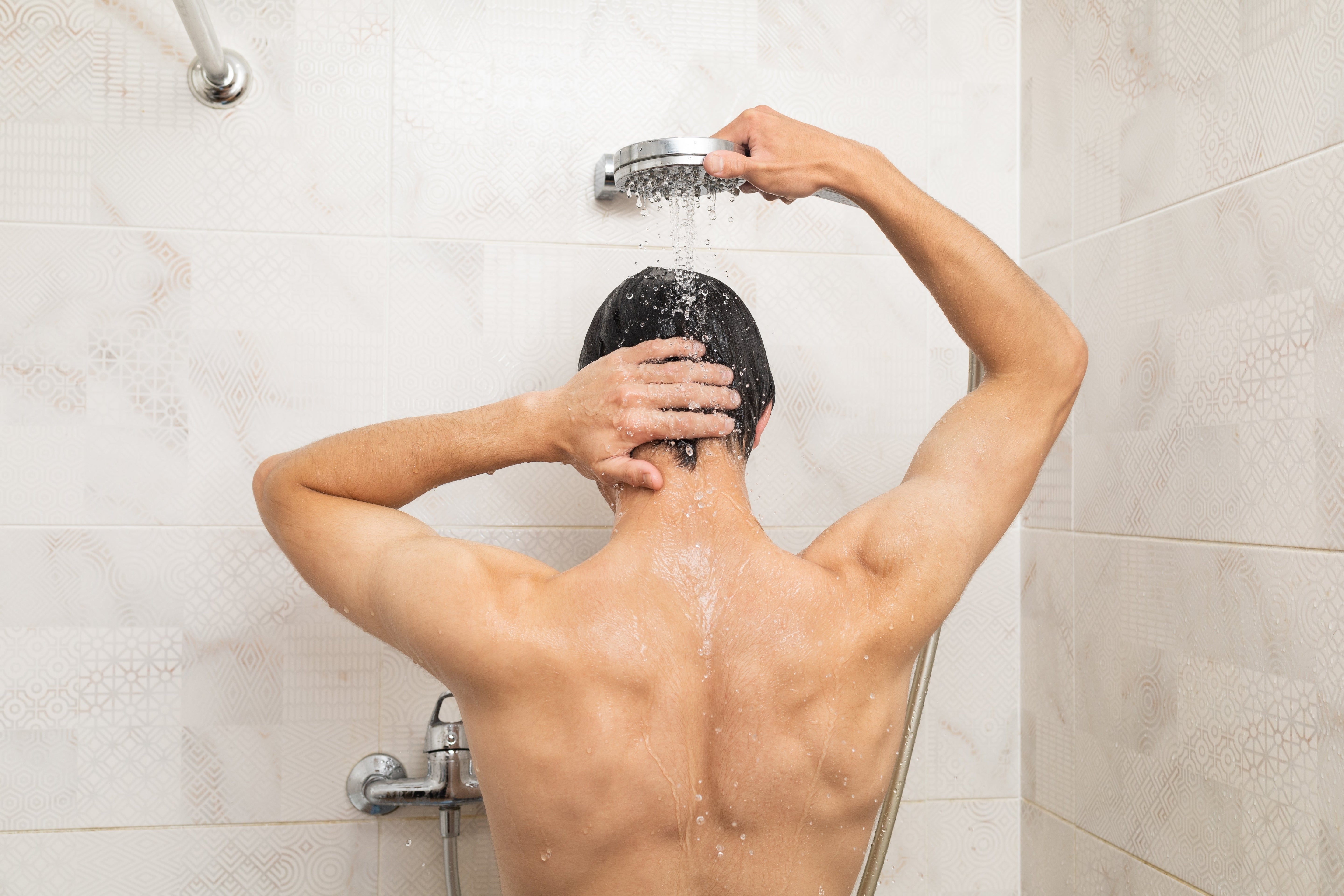
The Impact of Hydration on Fatigue and Energy Levels: Why Your Water Game Matters

Why Hydration Is a Big Deal
-
Regulates Body Temperature: Whether you’re running on the treadmill or running errands, water keeps your internal thermostat in check.
-
Supports Energy Production: Water is essential for metabolizing food into energy. Dehydration slows this process, leaving you dragging.
-
Maintains Blood Volume: Your blood is mostly water, and proper hydration ensures oxygen and nutrients get delivered to your muscles and brain efficiently.
Hydration and Fatigue: The Connection
-
Mental Fatigue: Dehydration reduces blood flow to the brain, which can mess with your focus, memory, and problem-solving abilities.
-
Physical Fatigue: Without enough water, your muscles don’t get the nutrients they need, and metabolic waste builds up faster, leading to that heavy, “I-can’t-do-this” feeling during workouts.
-
Increased Perceived Effort: Research shows that dehydration makes everything feel harder. That 10-rep set at the gym? Feels like 15 when you’re low on fluids.
How Hydration Affects Energy Levels
-
Energy Production: Every cell in your body relies on water to produce ATP (aka cellular energy). Dehydration slows this process, leaving you feeling drained.
-
Electrolyte Balance: Water keeps your sodium, potassium, and other electrolytes in check. When you’re dehydrated, this balance gets thrown off, causing muscle cramps and fatigue.
-
Reduced Cortisol Spikes: Proper hydration helps regulate stress hormones, like cortisol, that can sap your energy and leave you feeling frazzled.
Signs You’re Dehydrated
-
Dark yellow urine (it should be light yellow or clear).
-
Dry mouth or chapped lips.
-
Headaches or dizziness.
-
Feeling unusually tired or cranky.
-
Muscle cramps or tightness.
Hydration for Everyday Energy
-
Drink Early and Often: Start your day with a glass of water before anything else. Then keep sipping throughout the day, not just when you’re thirsty.
-
Hydrate During Workouts: Aim for 8-12 ounces of water every 15-20 minutes during exercise, especially if you’re sweating a lot.
-
Watch the Caffeine: Coffee and tea are fine, but they can dehydrate you if you overdo it. Balance them out with water.
-
Eat Your Water: Foods like cucumbers, watermelon, and oranges are packed with water, giving you a hydration boost and some extra nutrients.
-
Set Reminders: If you’re the type to forget about water until you’re parched, set alarms or use a water-tracking app.
Pro Tips for Staying Hydrated
-
Keep a Bottle Handy: Out of sight, out of mind. Keep a water bottle within arm’s reach at all times.
-
Jazz It Up: Add lemon, mint, or berries to your water if plain old H2O isn’t cutting it.
-
Track Your Intake: Aim for half your body weight in ounces per day as a baseline. More if you’re active or it’s hot out.
Final Thoughts: Hydration as Your Secret Weapon
References
-
Armstrong, L. E., et al. (2012). “Mild dehydration affects mood in healthy young women.” The Journal of Nutrition.
-
Popkin, B. M., et al. (2010). “Water, hydration, and health.” Nutrition Reviews.
-
Kenefick, R. W., & Cheuvront, S. N. (2012). “Hydration for recreational sport and physical activity.” Nutrition Reviews.
Meet Fitnexa, your AI-driven companion that turns everyday habits into a positive, uplifting journey. From effortless meal analysis (including recipe suggestions) to personalized coaching and real-time support, Fitnexa keeps you on track toward lasting wellness — so you can stay younger, live longer.
https://apple.co/4hr8JGW





Leave a comment
This site is protected by hCaptcha and the hCaptcha Privacy Policy and Terms of Service apply.